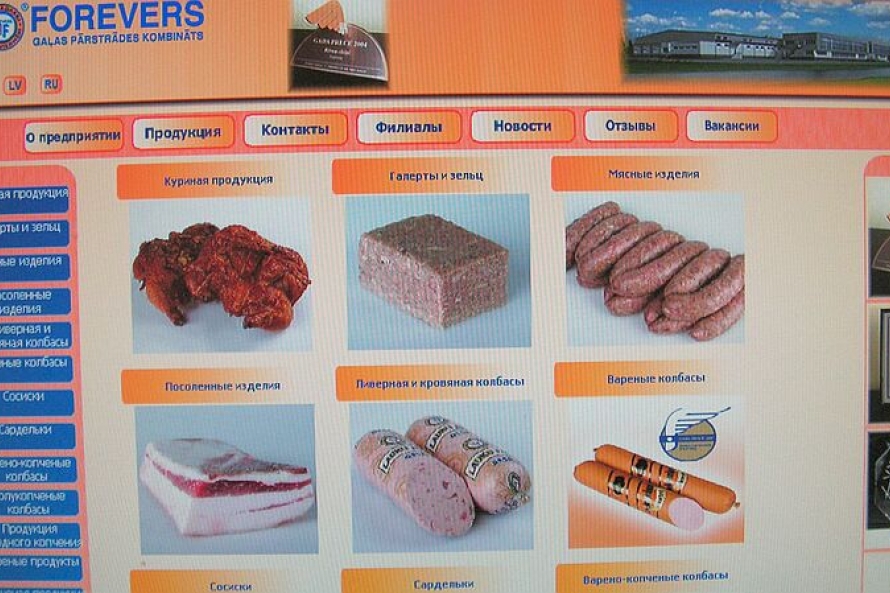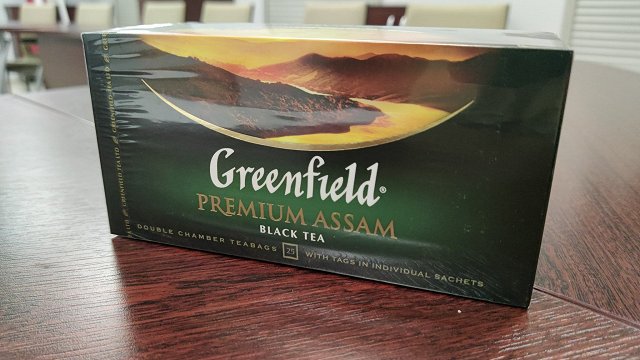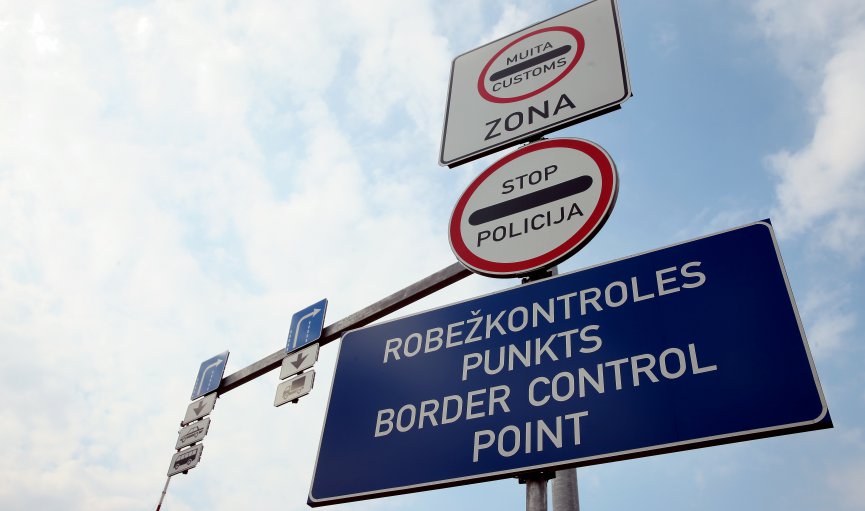The import prohibition goes into effect immediately and will be in effect until August 7 2015.
“By presidential decree I signed the government ruling. Russia declares a full import ban on beef, pork, fruits and vegetables, fowl meat, fish, cheese, milk and milk products,” Medvedev said on opening the government session, reports Russian news agency Interfax.ru.
“The embargo applies to the EU states, the US, Australia, Canada and Norway. The embargo does not cover food intended for consumption by children. It also does not apply to goods people themselves buy in foreign countries,” the Russian premier explained.
Medvedev went on to warn that any speculative dealings in the sales of imported food products would be punished harshly. He ordered the Agriculture, Economic Development ministries and other state agencies to work out a plan to avert food shortages in various sectors. “And, of course, we must not allow any rise in prices,” he added.
Russia will henceforth look to import food products from other world regions.
Reacting to the news, Latvia’s Employer’s Confederation director Liga Mengelsone told Latvian Radio (LR) that all sectors need to sit at the table with the government to find ways to reorient the affected branches to other markets. She said a common plan is essential so that the reorientation does not fall solely on the shoulders of the affected business owners.
She pointed out however that many have already managed to diversify their export markets, leaving perhaps only a 10% remaining vulnerability to demand from Russia.
“This isn’t coming as a big surprise, given our observation of the Russia-Ukraine crisis. We’ve all drawn our conclusions, that the situation is unpredictable,” Mengelsone said.
“From Latvia’s viewpoint we need to have unified communication with the EU, as every appearance of ours takes on greater value as a state bordering Russia, which will likely suffer more than other EU members,” she said.




























